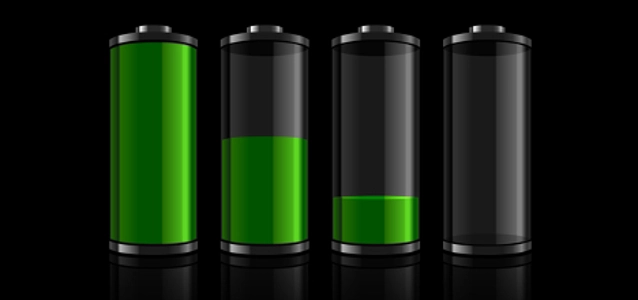
© scanrail dreamstime.com
Analysis |
Amnesty: Human rights abuses in the DRC power the cobalt trade
Amnesty International and Afrewatch says in a new report that major electronics brands, including Apple, Samsung and Sony, are failing to do basic checks to ensure that cobalt mined by child labourers has not been used in their products.
The report, “This is what we die for: Human rights abuses in the Democratic Republic of the Congo power the global trade in cobalt”, traces the sale of cobalt – used in lithium-ion batteries – from mines where children and adults work in unsafe conditions.
The report documents how traders buy cobalt from areas where child labour is rife and sell it to Congo Dongfang Mining (CDM), a wholly-owned subsidiary of Chinese mineral giant Zhejiang Huayou Cobalt Ltd (Huayou Cobalt).
Amnesty International’s investigation uses investor documents to show how Huayou Cobalt and its subsidiary CDM process the cobalt before selling it to three battery component manufacturers in China and South Korea. In turn, they sell to battery makers who claim to supply technology and car companies, including Apple, Microsoft, Samsung, Sony, Daimler and Volkswagen.
The DRC produces at least 50% of the world’s cobalt. One of the largest mineral processors in the country is Huayou Cobalt subsidiary CDM. Huayou Cobalt gets more than 40% of its cobalt from DRC.
Miners working in areas from which CDM buys cobalt face the risk of long-term health damage and a high risk of fatal accidents. At least 80 artisanal miners died underground in southern DRC between September 2014 and December 2015 alone. The true figure is unknown as many accidents go unrecorded and bodies are left buried in the rubble.
Amnesty International and Afrewatch researchers spoke to 87 current and former cobalt miners, 17 of them children, from five mine sites in southern DRC in April and May 2015. They also interviewed 18 cobalt traders and followed vehicles of miners and traders as they carried cobalt ore from mines to markets where larger companies buy the ore. The largest of them is Huayou Cobalt’s Congolese subsidiary CDM.
Huayou Cobalt supplies cobalt to three lithium-ion battery component manufacturers Ningbo Shanshan and Tianjin Bamo from China and L&F Materials from South Korea. These three battery component manufacturers bought more than US$90 million worth of cobalt from Huayou Cobalt in 2013.
Amnesty International then contacted 16 multinational consumer brands listed as direct or indirect customers of the three battery component manufacturers. None said they had been in touch with Huayou Cobalt or traced where the cobalt in their products had come from prior to Amnesty International’s contact.
The report shows that companies along the cobalt supply chain are failing to address human rights risks arising in their supply chain.
Amnesty International and Afrewatch are calling on multinational companies who use lithium-ion batteries in their products to conduct human rights due diligence, investigate whether the cobalt is extracted under hazardous conditions or with child labour, and be more transparent about their suppliers.
The organizations are also calling on China to require Chinese extractive companies operating overseas to investigate their supply chains and address human rights abuses in their operations. The organizations say Huayou Cobalt should confirm who is involved in mining and trading its cobalt (and where) and make sure it is not buying cobalt mined by child labour or in dangerous conditions.
